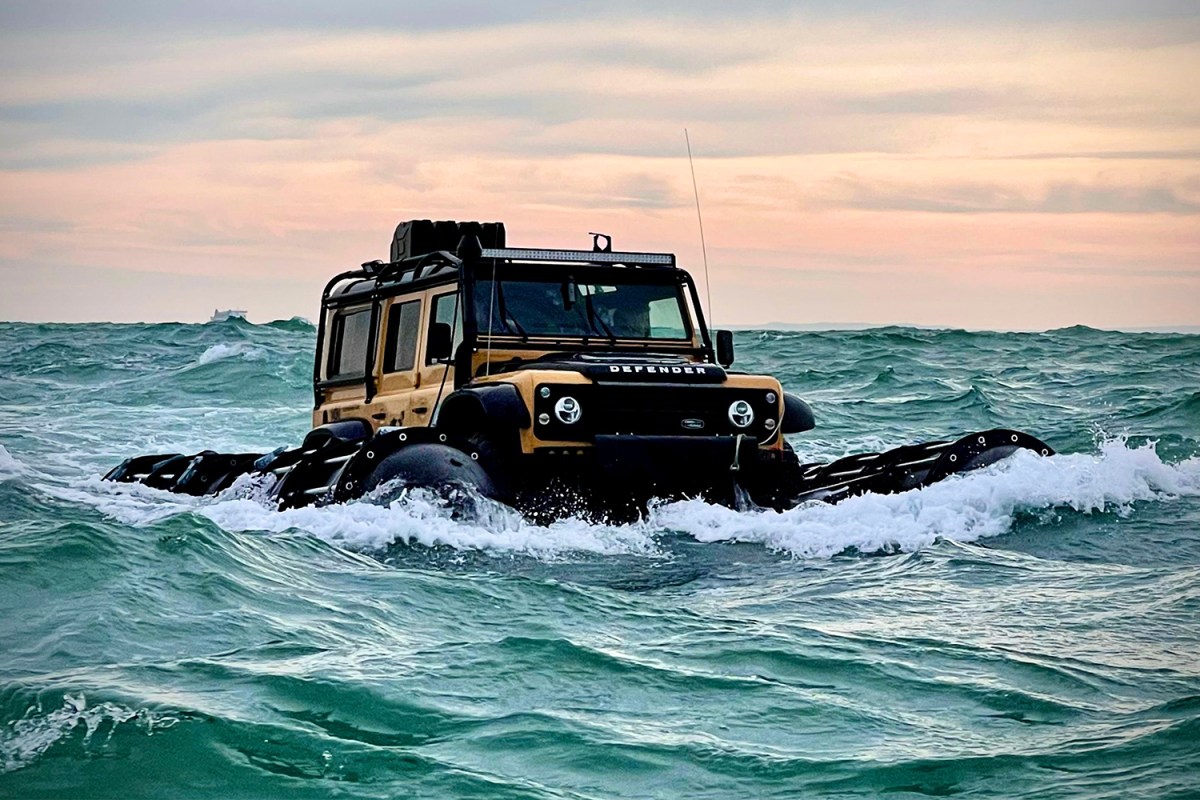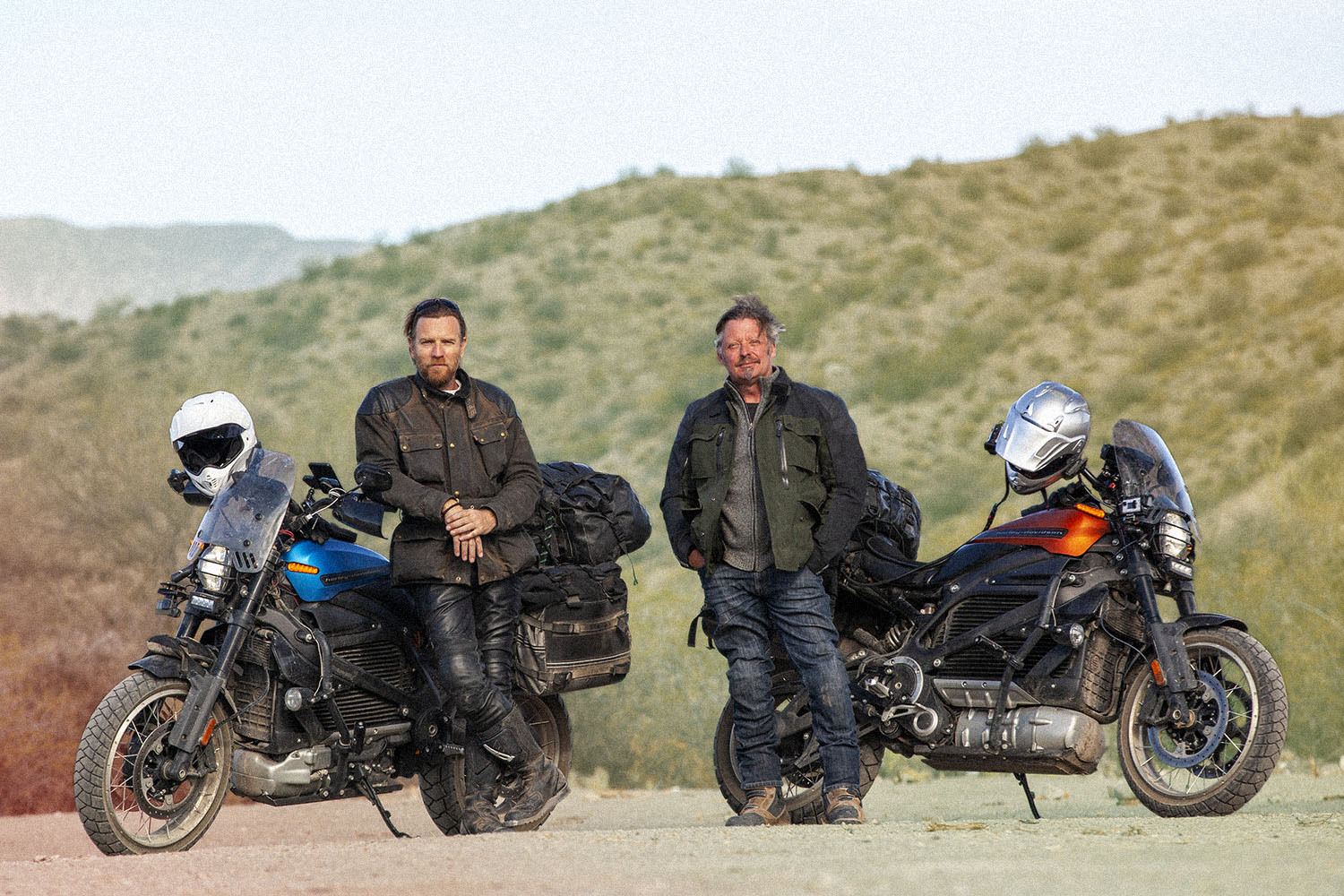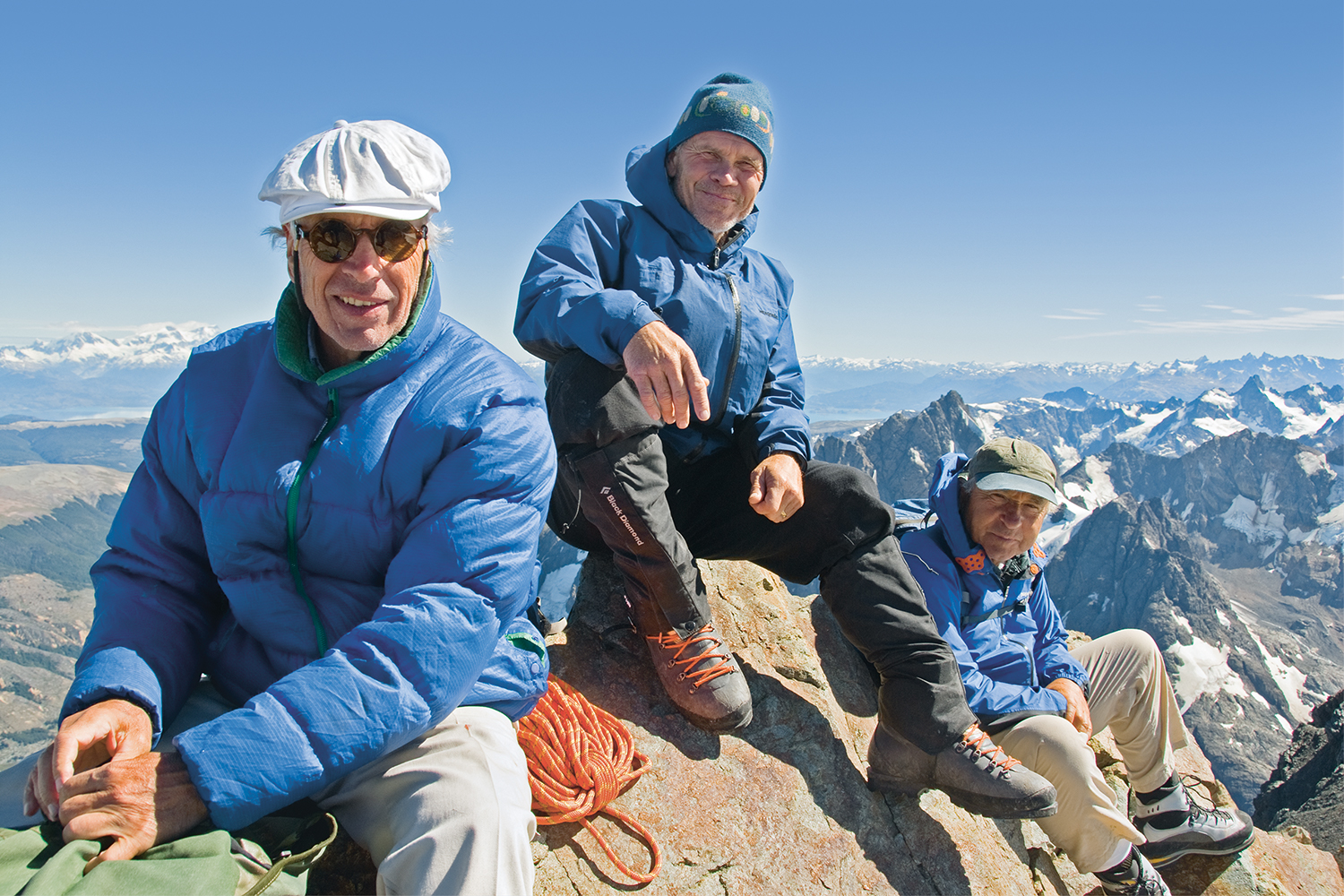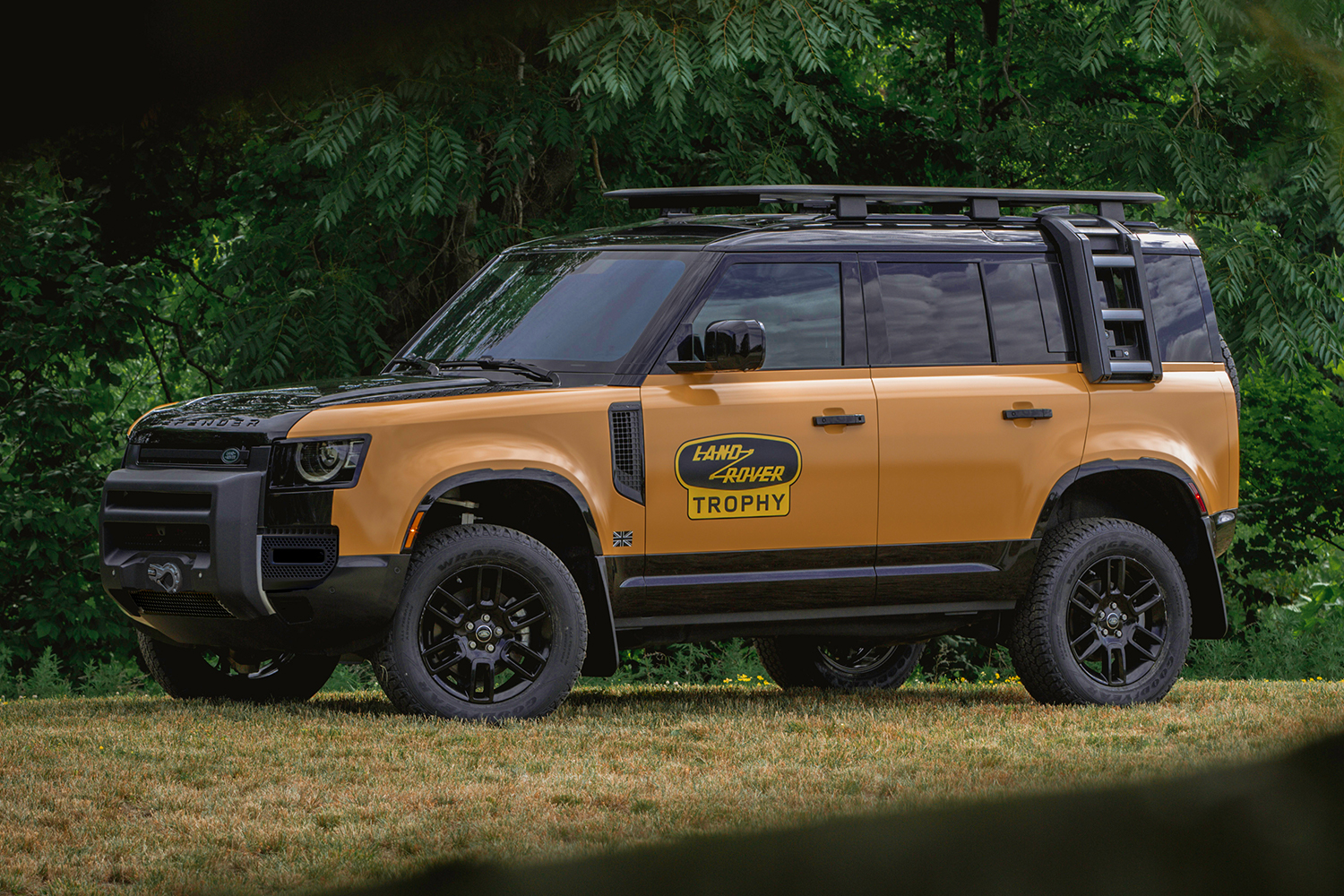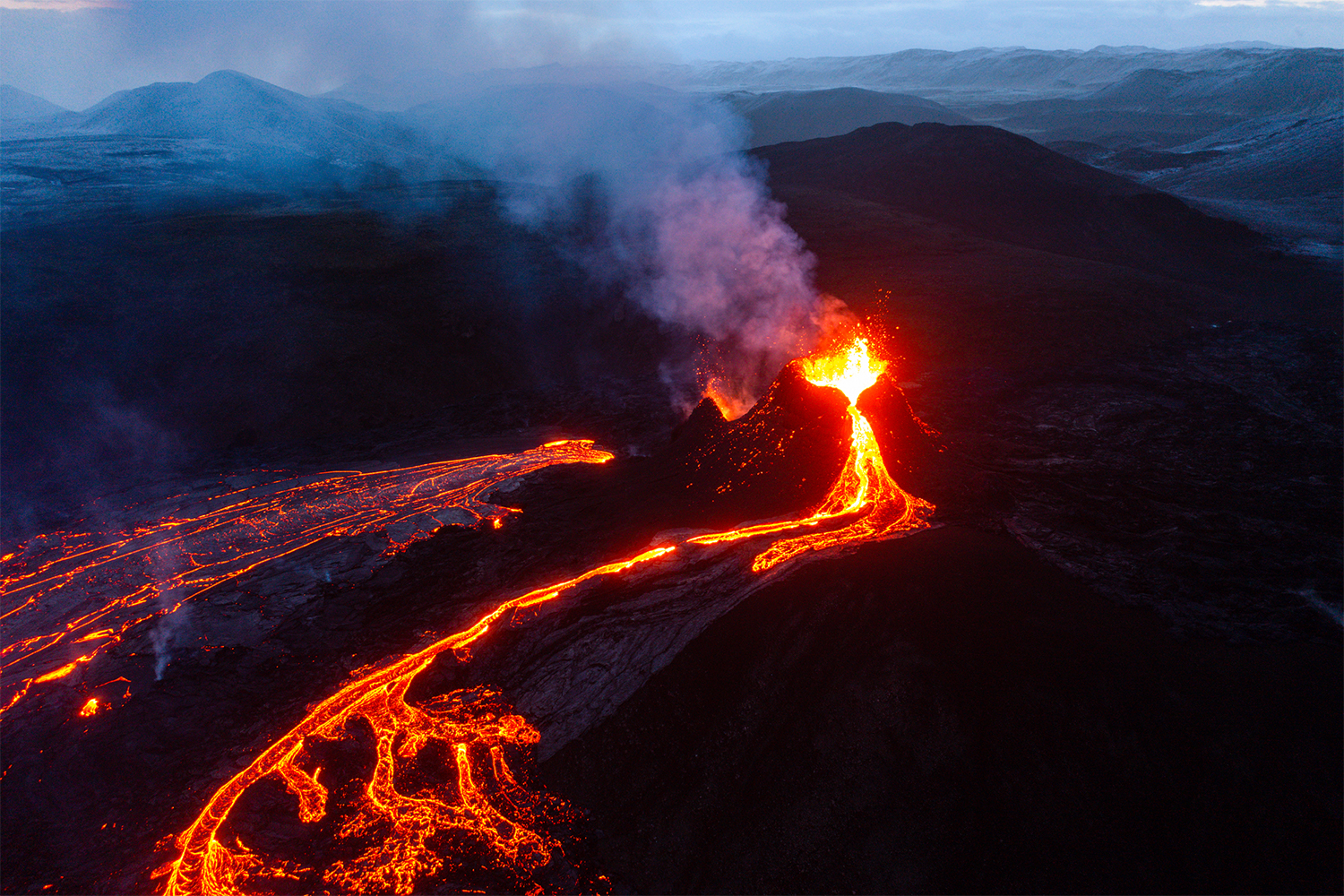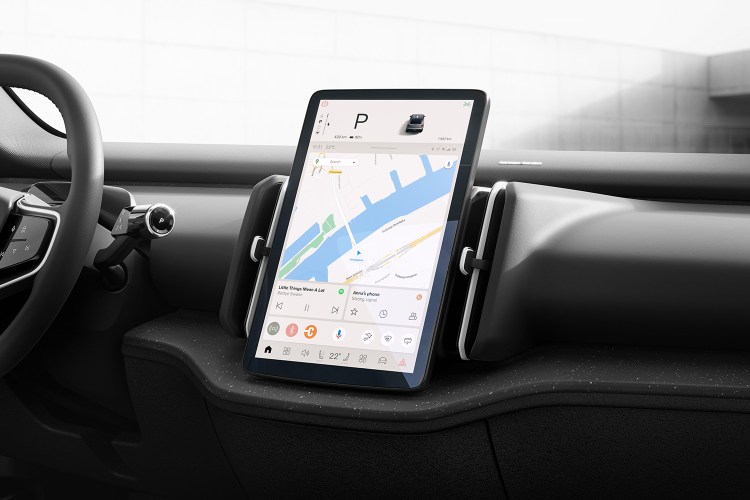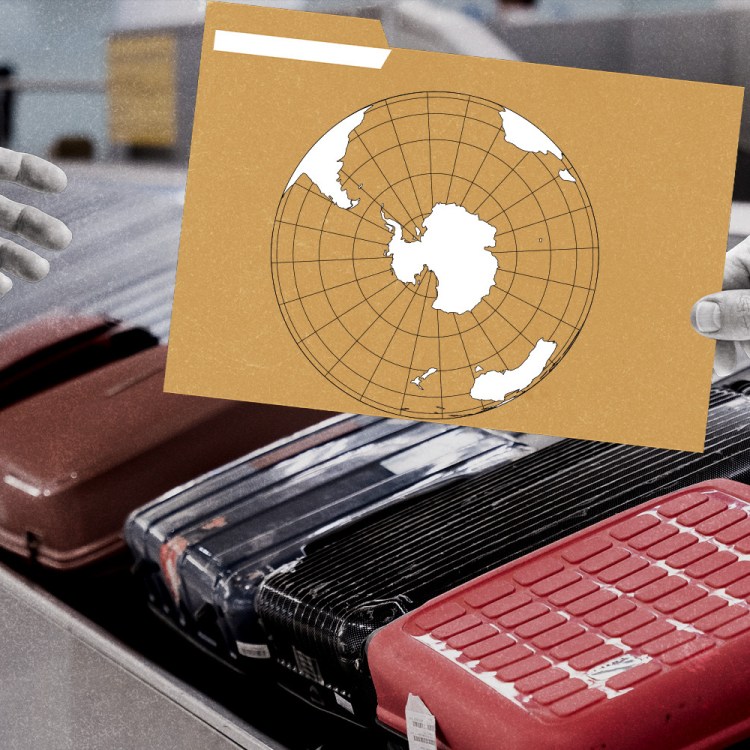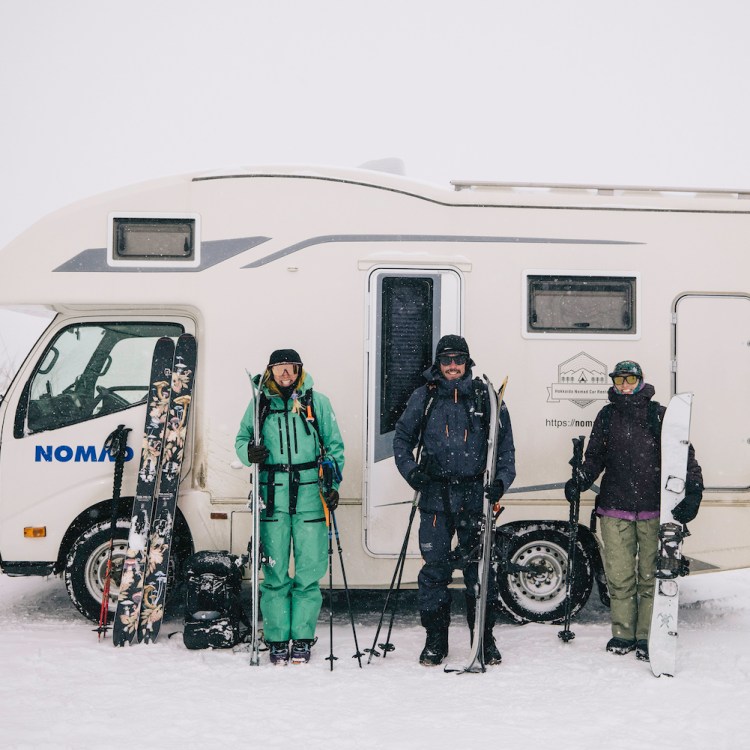In some ways, Jeff Willner is like most people. The 53-year-old found himself going “a bit stir-crazy” during the pandemic, so he started making grand plans for his post-COVID life. But in most ways, he’s nothing like your average person. You see, he’s actually been following through on those grand plans. That’s how he recently found himself driving a Land Rover Defender, a four-wheeled land vehicle, through six-foot waves in the English Channel.
The project Willner decided to tackle is what some have called “the last great overland expedition.” The route, which he read about in an overlanding magazine, involves driving eastward around the world, from London to New York City. Others have made a similar around-the-world journey, but normally their vehicles of choice are ferried across the larger bodies of water they encounter, like the Bering Strait that separates Russia from Alaska. No one has made the journey, on both land and sea, in the same overlanding vehicle.
So Willner dreamt up DefenderX, an expedition which involves Defender 110s driving through the water under their own propulsion. In the simplest of terms, as Willner explains on a Zoom call in December, the engine of the SUV drives a propeller in the back and there are pontoons on the side that raise and lower so you can drive straight from solid ground into the drink and be on your merry way. At least, that’s how it was supposed to work when the team thought they were kicking off the voyage in October. On the shores of Dover, things quickly went awry.
“We had a chain drive there which just didn’t work,” Willner says. “Twenty-knot winds, we’re in six-foot swells and we’re just being carried up the Channel, and no rudder, and the chain drive’s broken. We had to be rescued and towed back in before a ferry hit us. So it was a good time!”
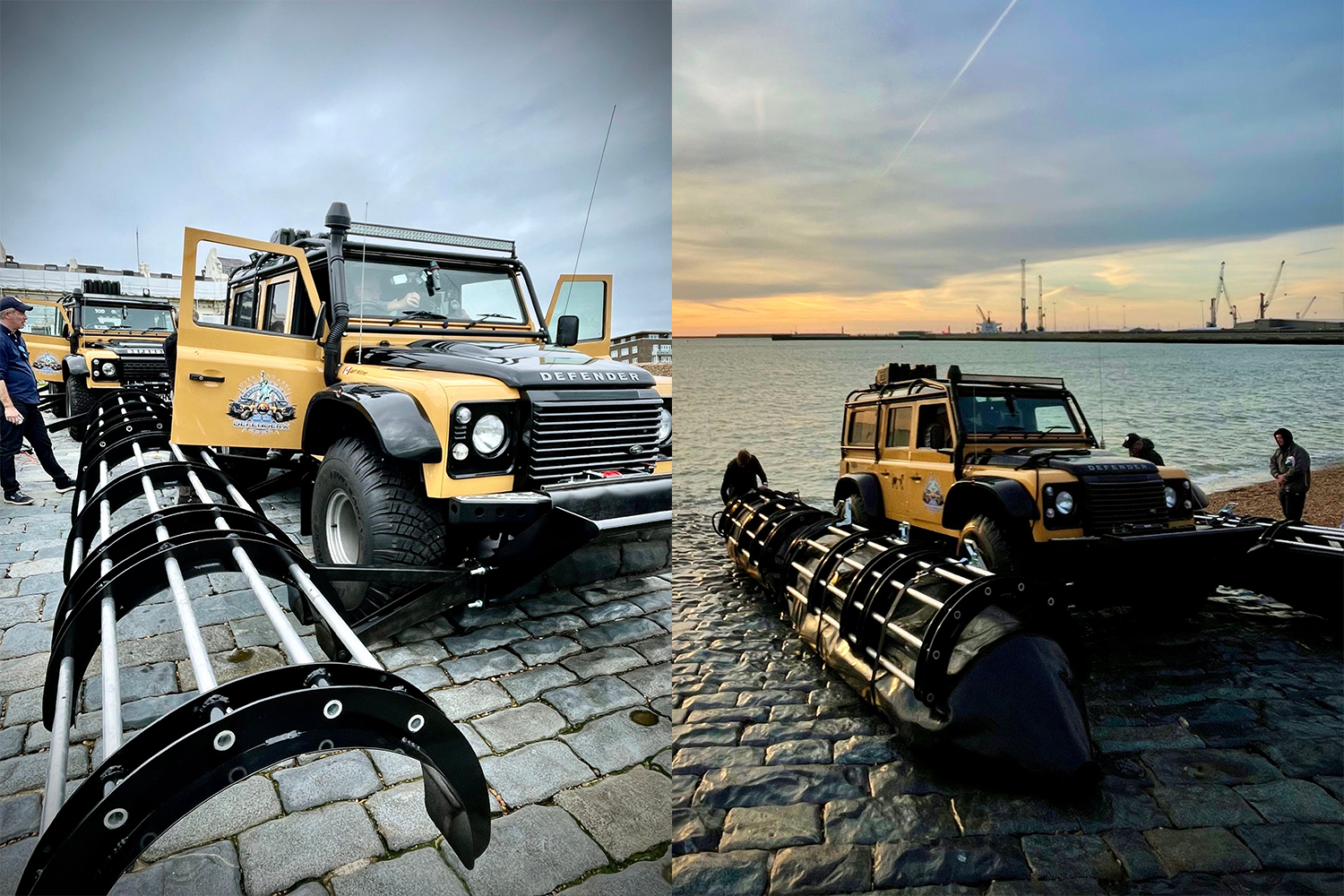
Jeff Willner: Self-Made Adventurer
This kind of unflappability, which you can see in a video from that soggy day, has come with experience. Willner has had enough success in his professional life to write an entrepreneurial guidebook — he co-founded ObjectArts, a leading technical training company for Microsoft (“That was back in the late ‘90s when Bill Gates used to show up to do training himself when we were doing sessions.”), and is now the CEO of luxury tourism company Travel Edge — and while some of that go-getter spirit readily translates into ill-advised drives to the most remote corners of the world, it’s his real-world overland résumé that counts.
In his first undertaking, he flew to South Africa, where he bought a Land Rover, drove it through 14 countries, then flew home. He’s explored Iceland in another of the British SUVs with beefy Arctic tires, and ventured down the west coast of South America with his then-pregnant wife. He’s even tackled a previous around-the-world trip that took him to 57 countries over 12 months, with some significant detours.
“We were crossing the Sinai Peninsula to Jordan intending to turn right through the Middle East when 9/11 happened,” he recounts. “We watched planes fly into the World Trade Center from this bar in the middle of the Sinai Peninsula. And we were looking at each other like, ‘Well what does this mean?’ So when we got to Aqaba in Jordan, we actually decided, ‘You know what, we better go the other way.’”
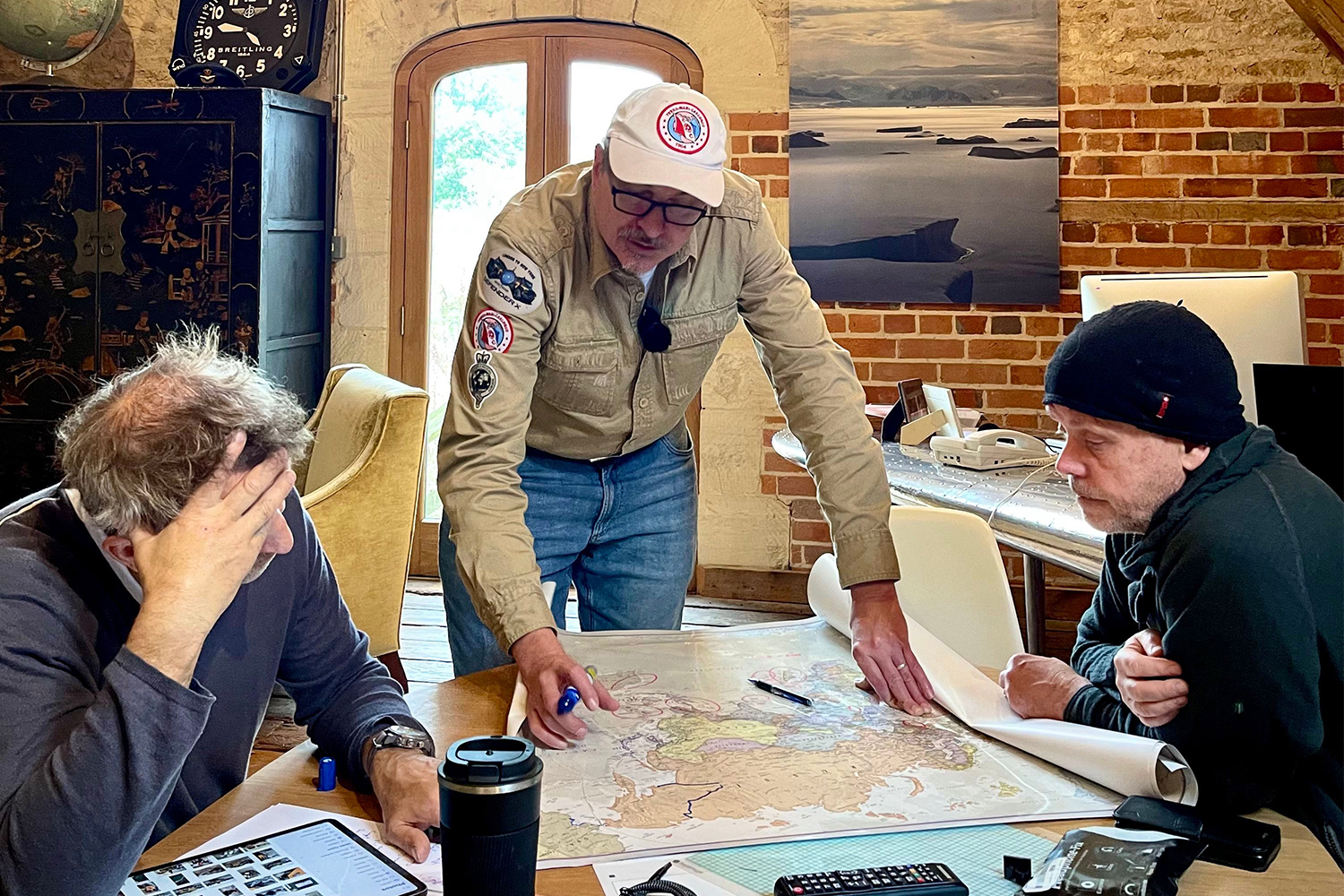
The team he’s assembled for the DefenderX journey is full of similarly devil-may-care adventurers with their own unbelievable yarns to spin around campfires. There’s Mikael Strandberg, who has bicycled from Chile to Alaska, Norway to South Africa and New Zealand to Cairo, and canoed the Kolyma River in Siberia in winter (at temperatures of -72.4 degrees Fahrenheit). Then there’s Steve Brooks, who Willner calls a “legend” twice and a “rockstar” once in our interview. He also describes just one of Brooks’s many escapades this way: “He ditched a helicopter when he ran out of gas on the way to Antarctica and was in the Arctic Ocean for 12 hours and almost died with his co-pilot before he was rescued by the Argentinian Navy.” There’s a reason all three of these men are part of both the Royal Geographic Society and the Explorers Club.
So a broken chain drive on a proprietary aquatic Defender in the churning waves of the English Channel, for all intents and purposes, isn’t that big of a deal for this league of extraordinary gentlemen — and women, it should be pointed out, as the core crew for this latest venture includes Sofie Rørdam, who is shooting the trip and editing a series about it for TV, and Nicole Baker, who is managing trip logistics and communications.
The Nonsense of DefenderX
After the failed Channel crossing in October, the DefenderX team is now planning to set out on January 16 from London and, as Willner puts it, do “an absolute sprint drive to Yakutsk.”
The problem is that it’s only safe in February, March and a little bit of April to go from Yakutsk up the ice road of the Kolyma River to the Arctic Ocean and then across the sea ice to the eastern edge of the continent, so time is of the essence. They’ll then likely leave the vehicles there, come back to the U.K. and use a third Defender to test the (hopefully fixed) water-crossing apparatus in the English Channel. Eventually, the two main vehicles will need to complete that journey as well, even if it’s out of order, but more consequential is the other oceanic jaunt.
Once they’ve got the floating Defender dialed in, they’ll need to cross the Bering Strait to Alaska, which is about 50-odd miles wide at its narrowest. Then comes possibly the most concerning part of the trip, Nome to Fairbanks, which Willner points out doesn’t have a connecting road.
“Alaska is way more wild than I ever thought,” he says. “I think that most Americans just don’t understand how wild Alaska really is.”
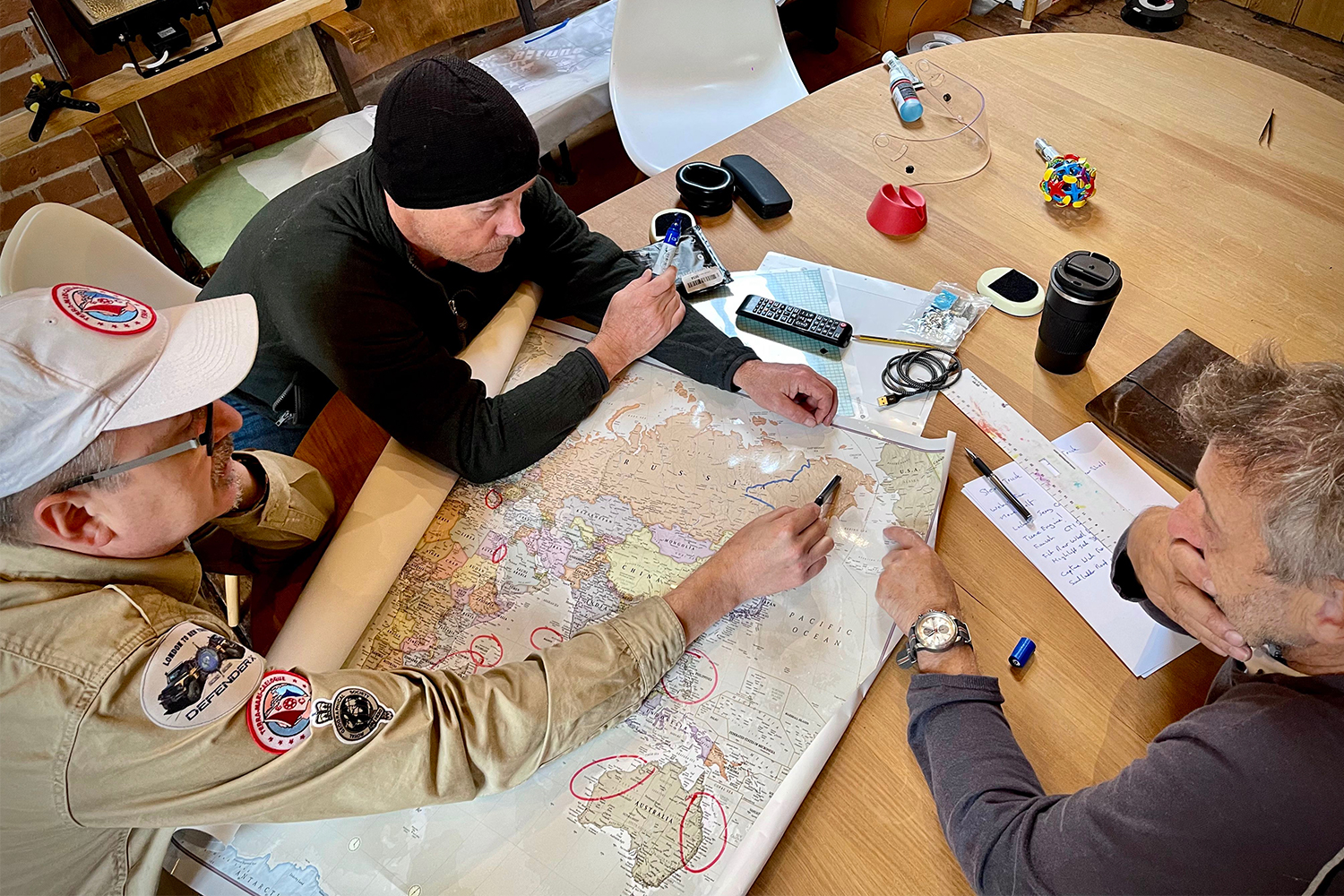
The goal, eventually, is to end up in New York City. If successful, the team would complete a truly epic odyssey, one of the last significant overlanding expeditions yet to be conquered, one where a handful of other teams have failed in the attempt. But when I pitch this potential success to Willner — his name going down in the history books, if not in popular memory at least among fellow globetrotters — he gives me the last answer I could have expected.
“Steve is turning 65, I’m 53, Mikael’s 57,” he says. “It’s a very interesting thing, as you get older you realize that most of the meaning you’ve got in life came from the nonsense. The drunken nights that you had out, the risks that you took, the nonsense … We’ve taken to calling this expedition the Nonsense Expedition.”
“There’s no reason for it,” he adds. “We’re not trying to get from London to New York so that we can say, ‘Well, by God, we were the first guys that—’ We just picked a trip that was big and hard and stupid and difficult. At the end of the day, the things we’ll remember the most will be smoking a cigar [and] drinking Scotch when it was way too cold to try to do those things, or bad food or toilet humor, all the normal things that you’re going to do. I would say you do these trips because of the nonsense. You don’t do the trips because of the sense. And out of the nonsense, you end up with some of the most rewarding things in life.”
I tell him that’s a good slogan for people to adopt in 2022: more big, hard, stupid things.
“That’s right,” he says, with a glint in his eye. “More nonsense.”
This article appeared in an InsideHook newsletter. Sign up for free to get more on travel, wellness, style, drinking, and culture.
